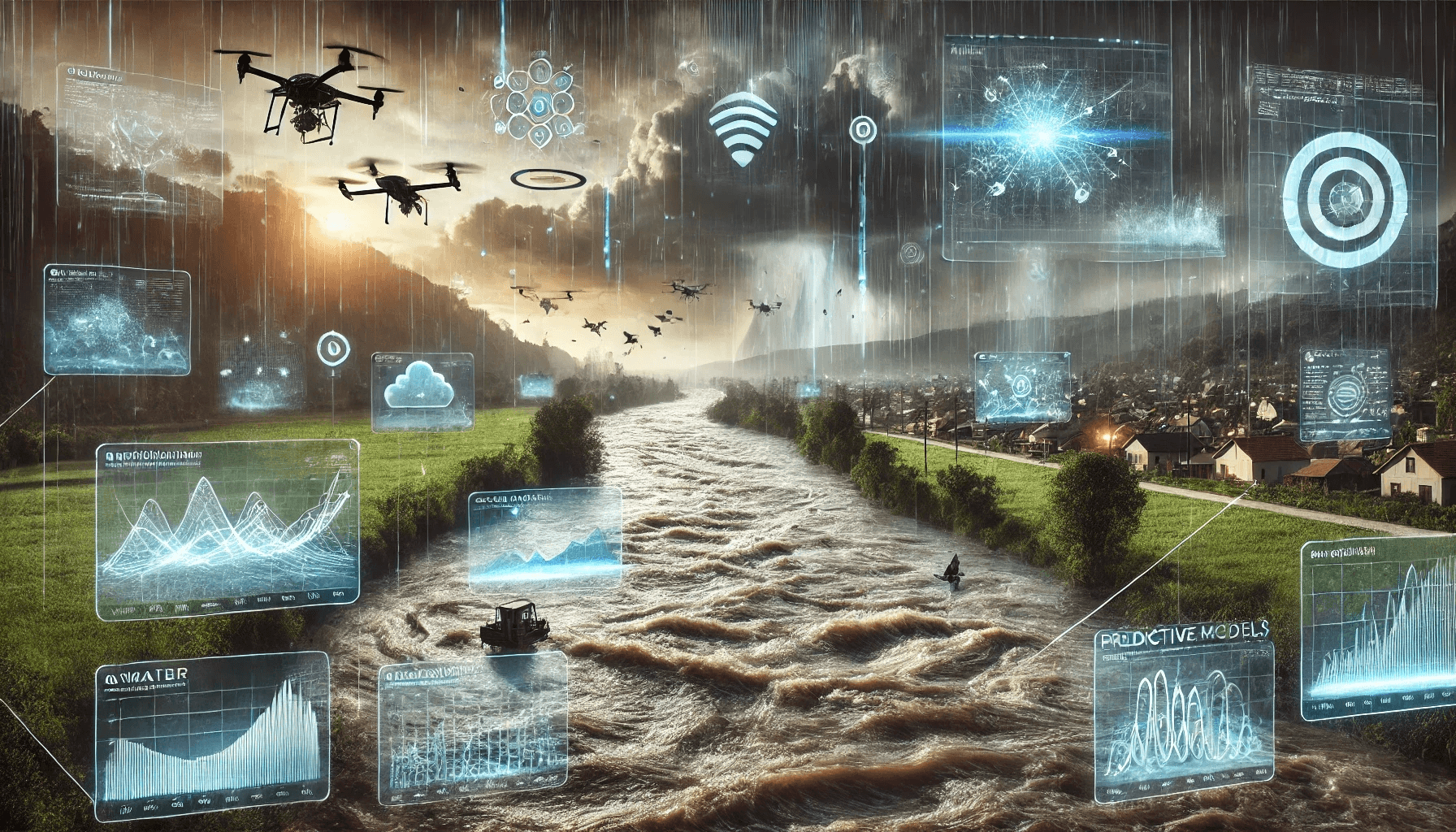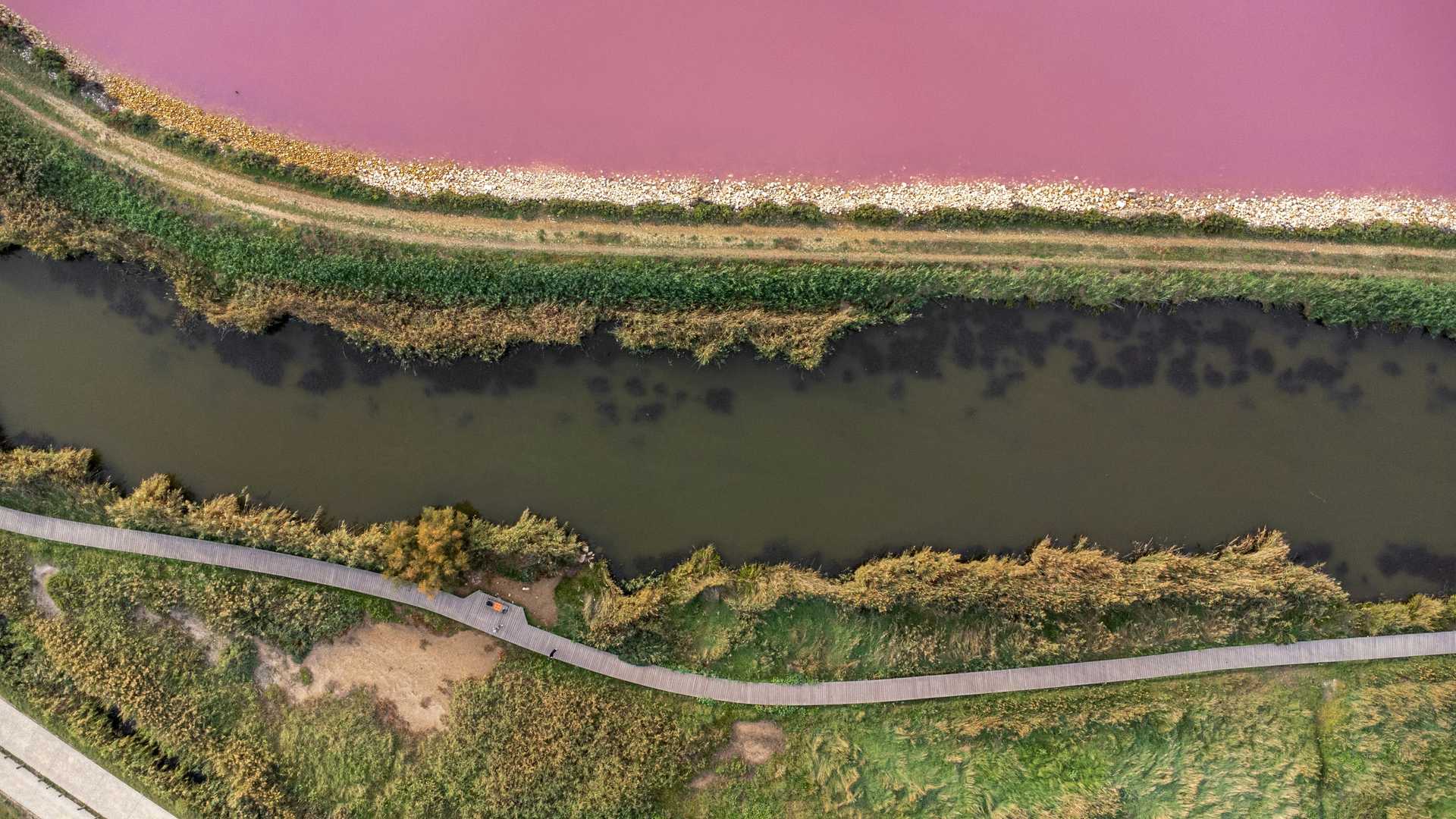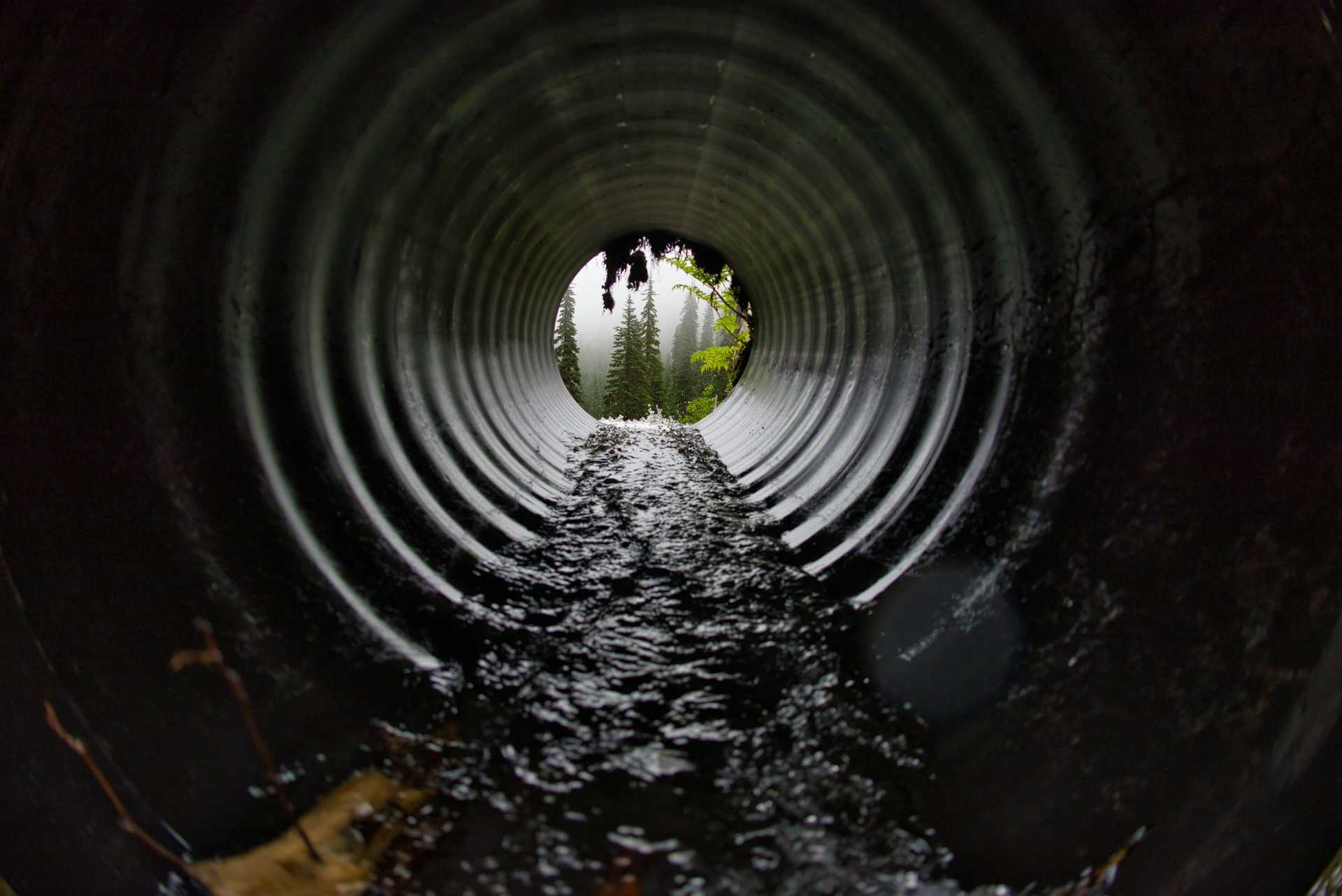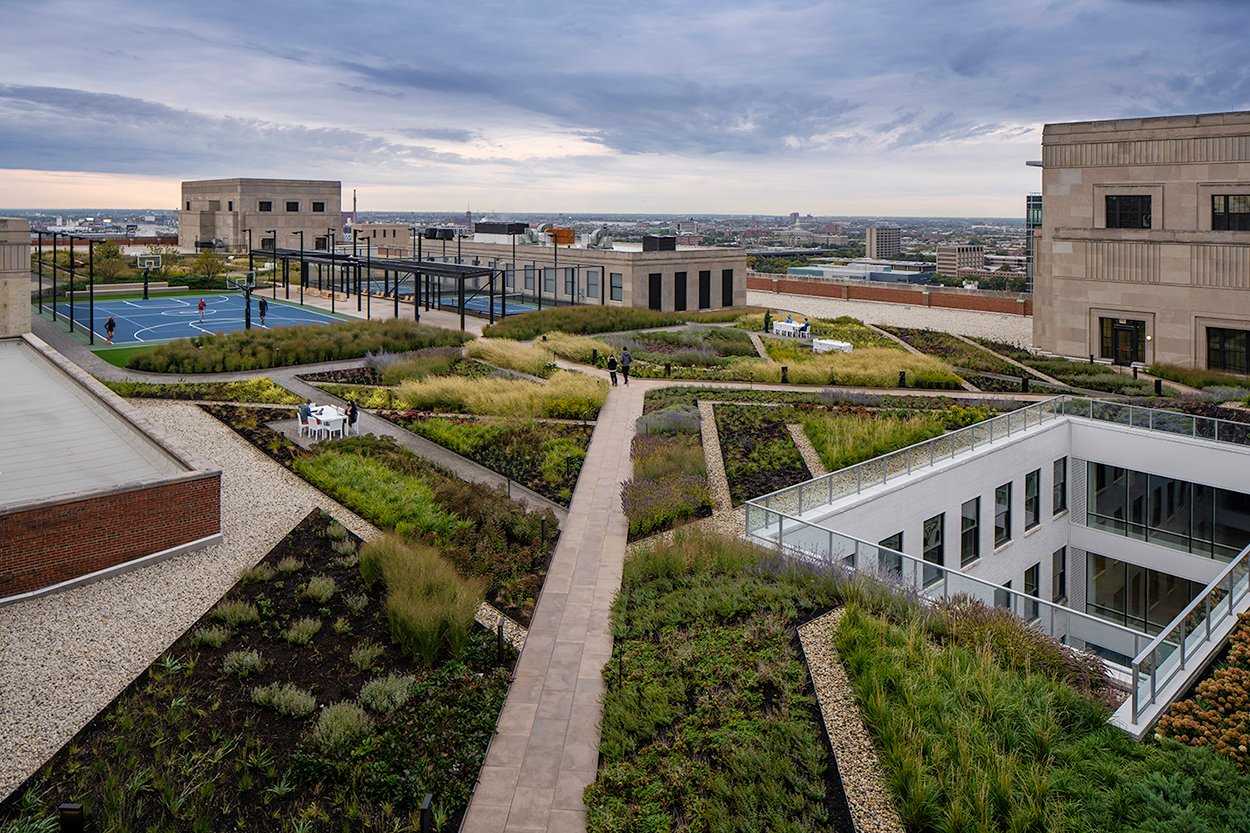
Flood foresight
From forecasts to predictions.
How likely? How soon? What impact?
Floods hold a special place in the pantheon of urban disasters. But cities are already leveraging artificial intelligence to predict and manage flood risk that go beyond better weather forecasts. Deep learning models now power free services for predictive hydrological modeling of watersheds along rivers in the Global South where flood gauge sensors, and historical data on past floods, is lacking. In Europe and Canada, AI controls are helping turn green roofs into active stormwater detention devices, storing and releasing runoff over time to reduce peak flows in nearby storm drains. And better maintenance of sewer pipes informed by robotic surveys means older cities are better equipped to manage comvined sewer overflow events that flush waste into public waterways during sudden downpours.
As these AI-driven flood prediction tools become more sophisticated and accessible, they are democratizing access to advanced climate risk assessment capabilities. This levels the playing field for smaller or less-resourced cities that previously lacked comprehensive flood analysis tools. The trend points towards a future where AI becomes an integral part of urban flood management strategies, enhancing cities' ability to anticipate, prepare for, and respond to flood hazards before they occur.
Personalized Insights
How might this trend shape your future? Generate a set of personalized insights to explore challenges, opportunities, and potential innovations. Simply select a sector, occupation, and target year — then press the button and let our AI do the work.
Generator Settings
Signals
Signals are evidence of possible futures found in the world today—technologies, products, services, and behaviors that we expect are already here but could become more widespread tomorrow.






